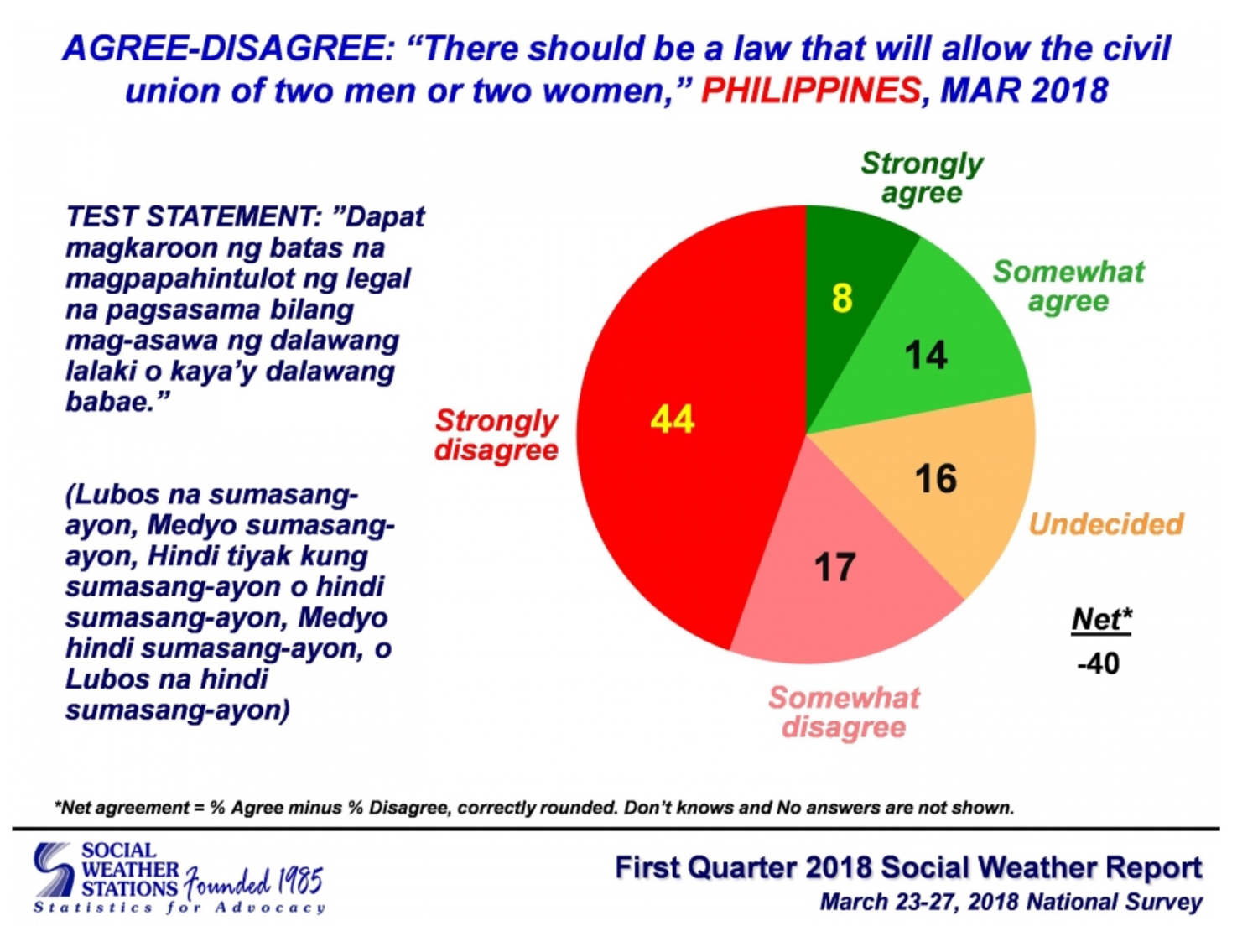Quo Vadis, Philippine Same-Sex Marriage?
/Ninia Baehr and Genora Dancel (1993) (Photo courtesy of Genora Dancel)
In the much-celebrated Baehr vs. Lewin, same-sex partners Ninia Baehr and Filipina American Genora Dancel sued for marriage equality.
On December 17, 1990, Baehr and Dancel, along with two other gay couples, walked into the State Health Department and were denied a marriage license, starting the battle for same-sex marriage in Hawaii, and in other parts of the country.
Petition in High Court
Now, thousands of miles across the Pacific Ocean, the Philippine Supreme Court has just completed hearing arguments for and against legalizing same-sex marriage in the country.
A self-identified gay man, Atty. Jesus Falcis III, filed a petition before the high court, seeking a ruling on, and challenging the Constitutional provision that marriage is between one man and one woman.
Falcis, 31, filed the petition in May 2015, just a few months after he passed the bar exams. (He is the youngest lawyer to appear in oral arguments before the Supreme Court.)
Atty. Jesus Falcis III (Photo courtesy of Falcis legal team)
Unlike the cases brought before the U.S. courts, many legal experts say that Falcis did not have the legal standing to file such petition because he has not been personally “injured” by the marriage prohibition. He has not attempted to “legally” marry another man.
Falcis, however, claims that his petition falls within established exceptions to the personal injury or standing rule, citing that the petitioners against the Reproductive Health (RH) Law and Cyber Crime Act also didn’t suffer personal injury but were allowed to the question the law.
Uphill Battle
In predominantly Catholic Philippines, it is safe to say that legalizing same-sex marriage is an uphill battle. The Philippines’ Roman Catholic Church, and other denominations like the Iglesia Ni Cristo, have consistently made known their opposition to homosexual relationships. (Falcis says he was “born and raised” Catholic but that currently, he is within the “agnostic-atheist” spectrum.)
Congress will most likely hesitate to tread on dangerous ground, knowing that it will negatively affect their standing with voters and constituents. A recent SWS survey showed that only two out of ten Filipinos support same-sex marriage.
Even President Duterte has been flip-flopping on the issue. In a recent speech before an LGBT event in Davao City, he said that he likes same-sex marriage but that there needs to be a change in current law, adding that the law can be changed. More recently though, his spokesperson Harry Roque said that the President is opposed to same-sex marriage, but favors civil unions.
“Some questioning from the justices seemed to create the impression of a discomfort in tackling the issue. ”
Flip-flopper
Falcis says Duterte is a flip-flopper on many issues, not just same-sex marriage. But he gives credit to the President for having been explicit in his support for same-sex marriage, “unlike other politicians who have not said anything.”
Falcis’ appeal assails the provisions of the Family Code of the Philippines — specifically Articles 1 and 2. He says it deprives LGBTs of their right to due process and equal protection, the right to decisional and marital privacy and the right to find a family “in accordance with their religious or irreligious convictions.”
During last month’s oral arguments before the Supreme Court, the government’s top attorney, Solicitor General Jose Calida said that Falcis’ petition should be dismissed because the Constitution does not allow same-sex unions. Calida did acknowledge that homosexual couples are free “to live happily.”
Impression of a Discomfort
There were questions that bordered on the procedural aspect of the petition rather than the meat of the issue.
At one point, one of the justices asked Calida if the Court, composed of heterosexuals, is qualified, without bias, to rule on the same-sex issue. A couple of justices said that a case for same-sex marriage should be threshed out in the lower courts first, alluding to the hierarchy of the court system.
Upon questioning, Falcis admitted before the Court that he has no same-sex partner at the moment, which the justices say puts in question his legal standing for his petition. He, however, brought in intervenors to support his petition — gay couples who were denied marriage licenses.
In the case of the U.S., favorable public opinion was key in keeping the same-sex marriage issue on the national spotlight, but the SWS survey shows that there seems to be no such support among the wide spectrum of Filipinos — be it by geography, marriage status, and religious affiliation.
Myke Sotero is a pastor at the Metropolitan Community Church (MCC) of Baguio City. Despite the results of the SWS survey, he says that LGBT couples are entering into a loving union with their partners and forming families. “Love is a basic human right and nobody has to vote on anyone’s right to choose who they want to love,” he said.
Pastor Myke Sotero (Photo courtesy of Pastor Myke Sotero)
Commendable
As for the petition now pending in the Supreme Court, Pastor Sotero says:
“I commend Atty. Falcis for the effort of bringing the petition up to the Supreme Court despite some legal technicalities. I would have agreed with some of the SC Justices and observers’ opinion that civil union would have stood a better chance of passing at this time than marriage equality.”
Same-sex marriage faces many obstacles for its proponents, and it may take many decades, even many more generations perhaps, for the public to support this sensitive and controversial issue.
Nevertheless, the fact that it has reached the highest court of the land is a very important milestone that will keep same-sex marriage in the national spotlight for a long time to come.
Rene Astudillo is a writer, book author and blogger and has recently retired from more than two decades of nonprofit community work in the Bay Area. He spends his time between California and the Philippines.
More articles from Rene Astudillo







